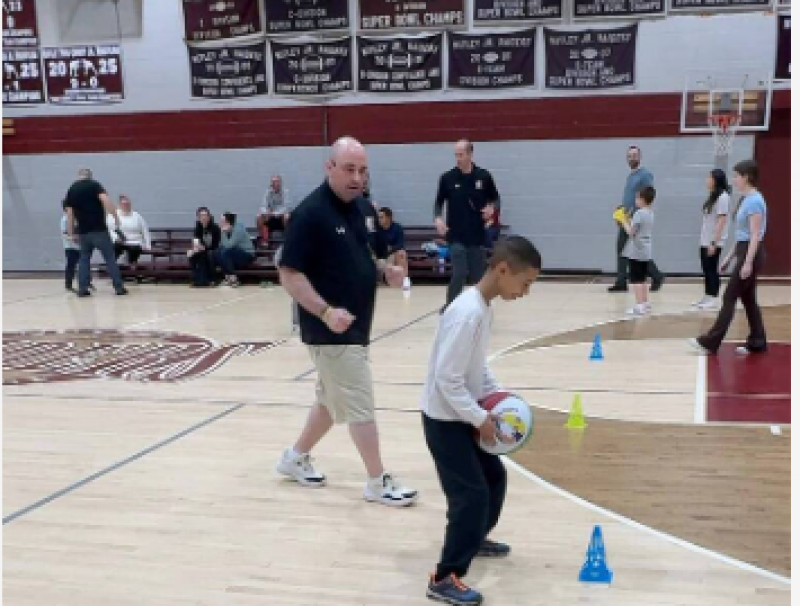High School Students’ Screen Time
Using gadgets has been such a huge part of people’s daily lives as an innovation that assists our daily practices. But to what extent is this still healthy? If anyone has ever wondered how much technology has taken over a teenager’s life, here is the average screen time in a high school student’s life.
According to the American Academy of Child and Adolescent Psychiatry, teens usually spend up to 9 hours on different forms of technology like smartphones, computers, tablets, gaming consoles, and television. Peter Susic, an editor on the Headphones Addict website, said that most time an individual should be on their devices around ages 5-17 should be only 2 hours; yet, most teenagers spend around 7.5 hours. The most common reasons individuals use gadgets are either to use social media on mobile devices or to watch television shows. Though all the awareness and information people learn when online, there are surely consequences when it comes to spending too much time on devices.
Besides using personal gadgets, gaming devices, and the television, because many tasks and school work are done on Chromebooks, NHS students also have their share of high screen time. Sophomore Kardan Ferreira said that his daily average screen time is around 10 hours across his iPad and phone, more than Susic’s 7.5-hour average. Ferreira said his top three most used apps are Twitter, Discord, and Youtube. Ferreira believes that teens spend most of their time online “probably either talking to friends or watching shows or movies on streaming services.”
Another student, sophomore Chriselle Visco, said that her daily average screen time on her phone is around 4 hours and 4 minutes a day which is lower than the average screen time teenagers spend on their devices. Visco said, “People might find the real world boring at times, and they can entertain themselves more with the use of devices and social media,” and this is seen in Visco’s most-used phone apps: Facebook, Twitter, and Instagram.
One of the impacts of spending too much time online is sleep deprivation. When a person spends too much time on their devices, there is a direct impact on their sleep schedules and patterns. The more time they spend on social media, games, or television, the more sleep they lose. An active health article also said that spending a lot of time looking at screens can affect a person’s body, especially their eyes. Long screen time leads to straining your eyes and making them dry, leading to blurry vision and retina damage, according to Active Health, a group of experts who focus on physical activity, nutrition, screen time, and sleep.
Excessive screen time can also affect a student's progress. Art teacher Sara Ciccone said, “There’s a right and wrong way of using cell phones in the classroom. If students use it to their advantage like looking up references and having another avenue to search for stuff, or maybe even finding those educational apps to help with things, that would not interfere with class work.” Though she also believes that students often spend time on their phones simply because they got accustomed to doing it in times of boredom, especially during the pandemic. “Whenever we’re bored, whenever there’s some sort of downtime, or whenever we’re walking, we don’t know what to do with our hands, we just turn to our screens”, Ms. Ciccone said.
“But the problem is [students] are not doing that. It’s more of an ‘I’m bored with whatever is being taught in school so I’m gonna scroll on my phone instead of continue to be bored.”
According to Priority Health and the National Institutes of Health, to avoid the consequences of spending too much time on devices, here are ways to help reduce screen time:
- Limit the apps that have notifications on: only have notifications on for things most important like texts and calls
- Avoid device multitasking like using mobile devices while watching television
- Interact with others face-to-face more often
- Set screen time limits
Everyone should be encouraged to manage their device usage and consider how they're spending their time online. In the end, individuals must determine whether their use of technology is to their advantage or if it negatively influences their mental health. If it is the latter, it is important to consider several ways of self-treatment, or to reach out to others like counselors and mental health professionals who can assist them.











